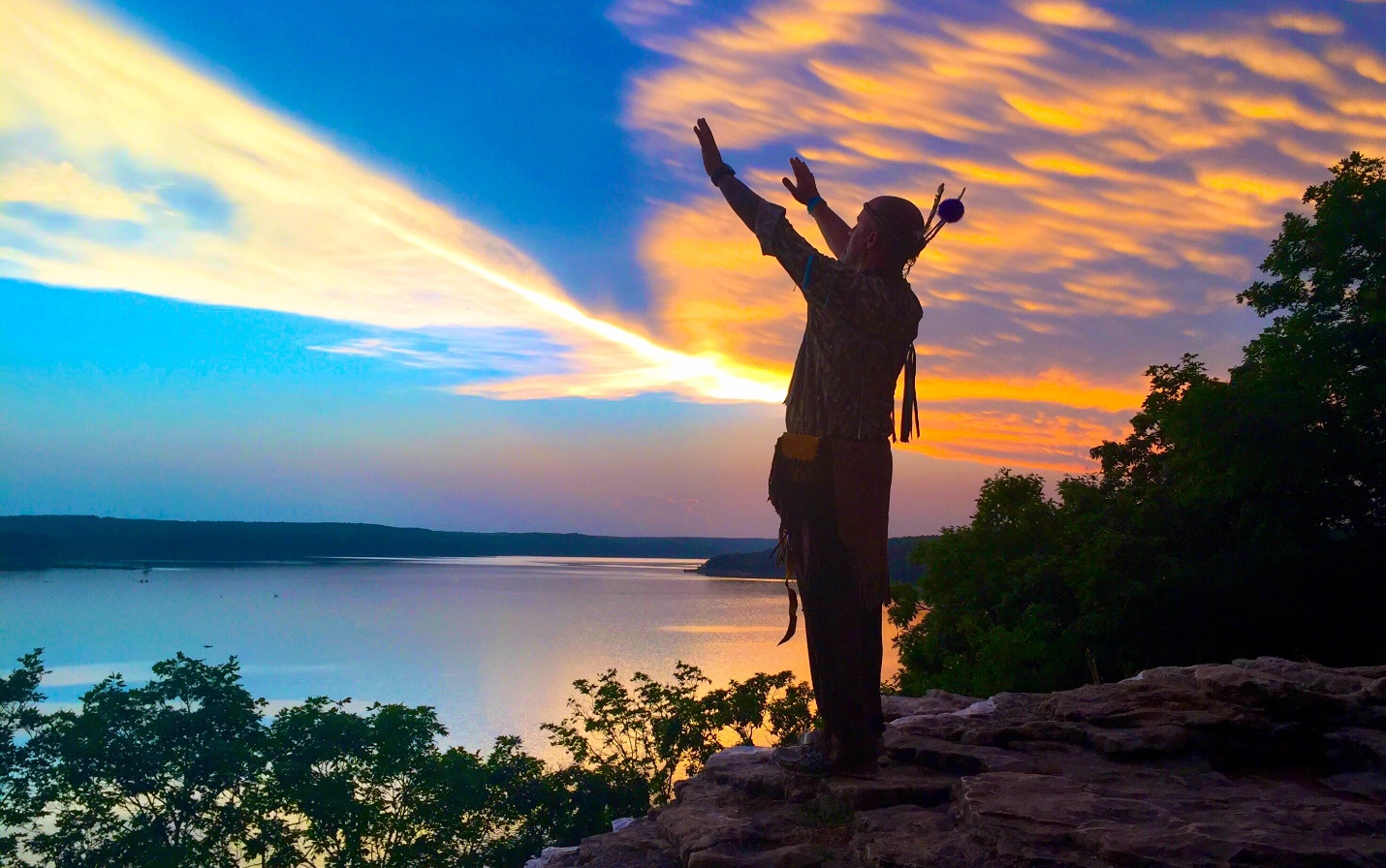Planning Restorative Outcomes

Assessment of Strengths and Needs
Planning Restorative Outcomes [PRO Assessment] reframes problems as opportunities for learning with children and youth at risk. This strength-based approach moves beyond the narrow focus on deficit and disorder of traditional diagnostic methods. The young person is seen as the key expert on his or her life and is enlisted to develop positive plans for healing and growth. PRO Assessment can be used for brief crisis resolution, for developing social and emotional learning and treatment plans, and for reclaiming interventions with youth who are experiencing serious conflict or trauma. This model is transforming assessment in education, treatment, juvenile justice, and child and youth care.
Meeting Needs
Abraham Maslow observed that most “symptoms” of problems stem from unmet psychological needs—and when needs are met, people thrive. PRO Assessment focuses on Circle of Courage needs for Belonging, Mastery, Independence, and Generosity. These are validated by research on developmental relationships, neuroscience, trauma, and resilience. Participants develop these key competencies:
Core Compentencies
- Connect with the young person in conflict to build a sense of safety and trust.
- Explore key life events to identify private logic and adaptive or reactive coping styles.
- Evaluate how family, school, and peer relationships contribute to strain or support.
- Identify strengths and needs related to Belonging, Mastery, Independence, and Generosity.
- Formulate a restorative plan to build supports in the ecology and strengths in the person.
PRO Assessment courses are offered on-site as well as online. Participants receive a PRO Assessment manual and a text covering the evidence-base of this model. Those who seek formal certification may demonstrate competency by completing a self-test and submitting an actual assessment of a child or
youth at risk. These are the options for training in PRO Assessment:
On-site course: Organizations may contract to have this course delivered by a certified trainer to groups
of up to 30 individuals; for information contact Wendy Beukelman—[email protected]
On-line course: An e-learning course is available for $200 USD plus $10 shipping. This is an online course with eight modules presented in about 4 hours of video, along with a self-test. The course fee ($210 USD total) also covers supporting printed materials and shipping. Registrants will be sent the PRO Assessment manual and a text when they sign up. Participants seeking a certificate should complete a PRO Assessment on a student or client and submit to the instructor at [email protected].
Course Curriculum
- Consilience: The Standard for Evidence
- Resilience: The Adaptive Brain
- Assessment: Strengths and Needs
- Connecting: Bonds of Trust
- Coping: Conquering Challenge
- Thriving: Lives with Purpose
- Transforming: Three Assessments
Related Courses
Our Success at a Glance
Mission Statement
The mission of Reclaiming Youth at Risk is to provide research, training, and consultation to build strengths in children, families, schools, and communities. For thousands of years, American Indian cultures nourished respectful and courageous children without employing punitive discipline. Drawing from these little-understood resources, we provide a holistic approach to reclaiming youth at risk. Courage for the discouraged — for youth and for professionals as well!
Our Core Values
Our core values are grounded in the Circle of Courage philosophy, emphasizing belonging, mastery, independence, and generosity as essential to holistic development.
Our Philosophy
At Reclaiming Youth at Risk, we believe that every child has the innate capacity for positive growth. Our philosophy is rooted in the principles of the Circle of Courage, which asserts that the fulfillment of universal growth needs — belonging, mastery, independence, and generosity — is crucial for the development of all young people. By integrating these values with the latest in psychological research and practical application, we strive to create environments that promote resilience and thriving, not just for youth but for the communities that support them.


